If you're rich you can buy books. If you're poor, you need a library
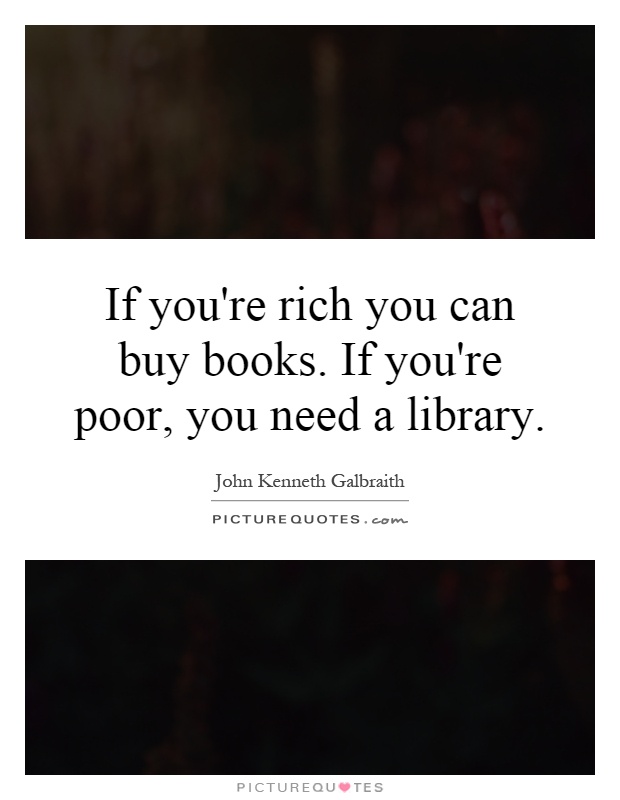
If you're rich you can buy books. If you're poor, you need a library
John Kenneth Galbraith, a renowned economist and author, once famously said, "If you're rich you can buy books. If you're poor, you need a library." This statement encapsulates the importance of access to knowledge and information for individuals of all socioeconomic backgrounds. Galbraith believed that education and literacy were essential tools for social mobility and economic prosperity, and that access to books and libraries played a crucial role in leveling the playing field for those who were less privileged.For the wealthy, purchasing books is a simple task. They have the means to buy any book they desire, whether it be for leisure, education, or personal enrichment. However, for those who are economically disadvantaged, buying books may not be a feasible option. This is where libraries come into play. Libraries provide free access to a wide range of books, magazines, newspapers, and other resources that can help individuals expand their knowledge, improve their skills, and broaden their horizons.
Galbraith understood that access to information was a powerful tool for empowerment. By providing free access to books and other educational materials, libraries enable individuals from all walks of life to educate themselves, pursue their interests, and improve their circumstances. For the poor, libraries serve as a lifeline, offering a gateway to knowledge and opportunities that may otherwise be out of reach.
In today's digital age, libraries continue to play a vital role in providing access to information and resources for those who may not have the means to purchase books or access the internet. Public libraries offer a wide range of services, from free Wi-Fi and computer access to educational programs and community events. They serve as a hub for learning, creativity, and social engagement, helping to bridge the gap between the rich and the poor.
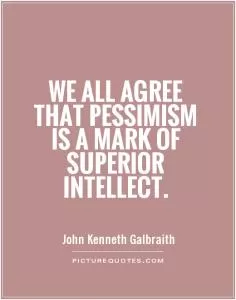
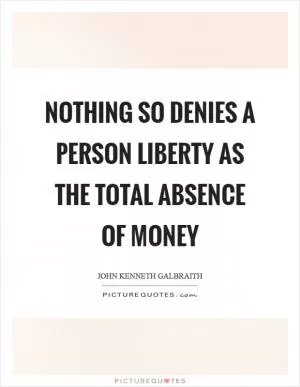
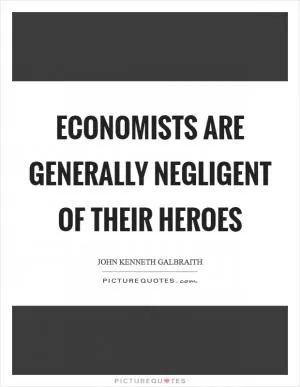
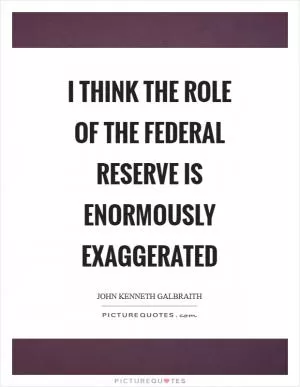
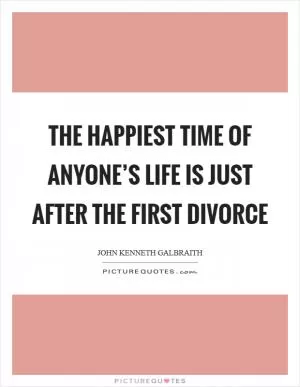
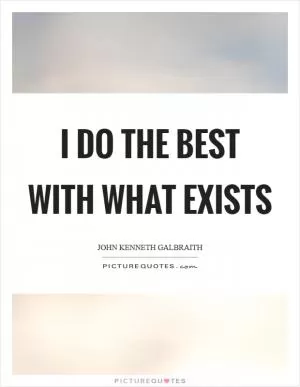
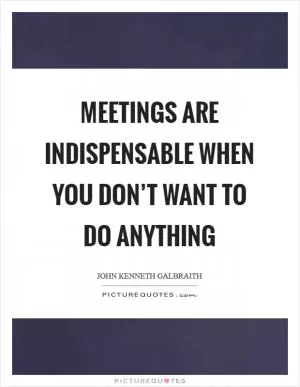
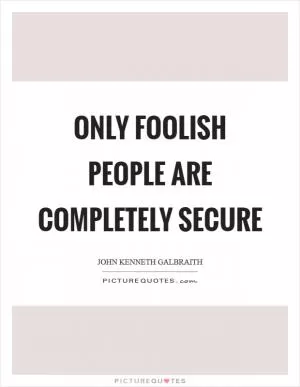
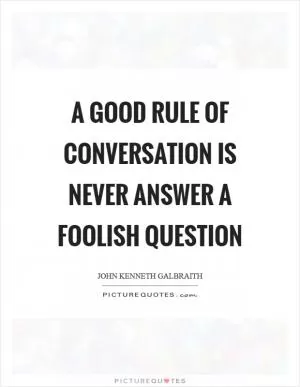
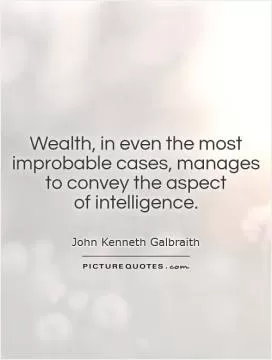
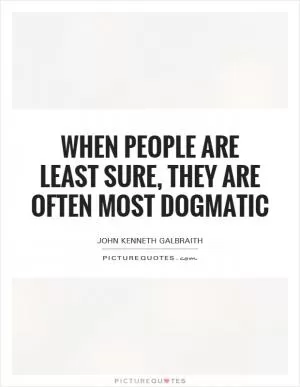
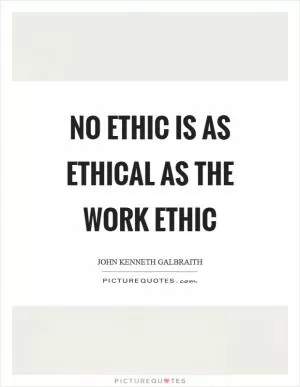
 Friendship Quotes
Friendship Quotes Love Quotes
Love Quotes Life Quotes
Life Quotes Funny Quotes
Funny Quotes Motivational Quotes
Motivational Quotes Inspirational Quotes
Inspirational Quotes